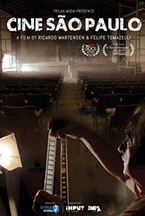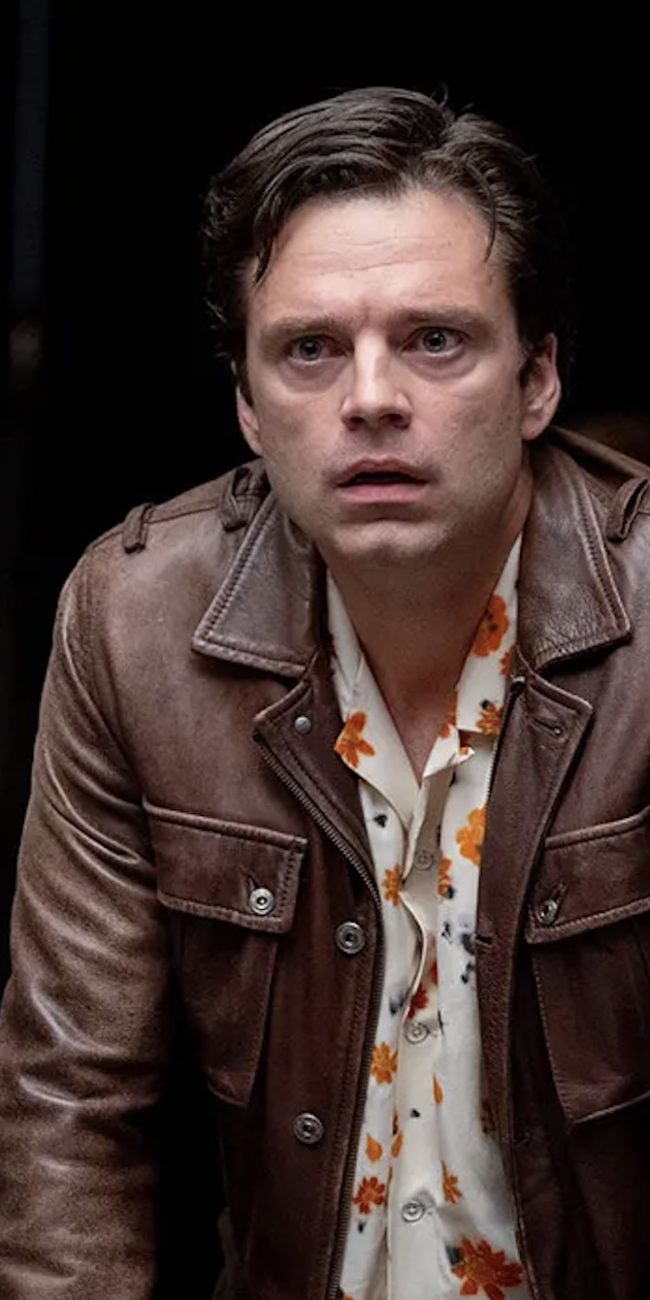CINE SÃO PAOLO

(The 2017 AFI Docs ran June 14-18 in Washington D.C. Lead critic Chris Reed brings us these reviews fresh from the fest.)
From first-time feature-documentary filmmakers Ricardo Martensen and Felipe Tomazelli, a Brazilian duo that has worked together on previous short projects, comes Cine São Paolo, a movie about the restoration of a small regional movie theater in their native country. Like most narratively successful stories about very specific topics, the film tackles issues far beyond those of its principal subject’s efforts to re-open his cinema. It’s a wonderful meditation on history, movies, the history of movies, and the joys of sharing one’s love of movies with others.
A dynamic septuagenarian, Dom Chico (both “Dom” and “Seu” are Portuguese honorifics) once earned enough money from the exhibition of films, in supplement to his income as a teacher, to provide a nice upper middle-class life for his family. With the rise of home-video options in the 1980s, however, the enterprise became less profitable, so he leased his theater to the local municipality, Dois Corrégos (located about 250km northeast of the city São Paolo, itself). Now, however, he has decided to bring back public screenings and performances as a way of promoting the arts in communities where they have been slowly disappearing for years (only 10% of Brazilian cities currently have cinemas, as we learn at the end). We watch as he struggles with money, others’ lack of interest, the challenges of new technologies, and more – even battling with the film crew, at one point, angry over how their presence may have caused him undue problems – all in the service of his grand (mostly selfless) ambition.
Along the way, Martensen (on camera) and Tomazelli (on sound) remind us how movies can transport us to magical places, far away from the mundane. They frequently pause on a shot, taken from within the cinema, looking through the door to the street, framing the passersby (we never see an establishing shot, from outside, of the theater, itself). It’s just an ordinary street and ordinary people going about their business, yet the frame within the frame lends the composition an aura of enchantment. In addition, Chico often pauses in his labors with friends, young and old, to remember the moves that have played in Cine São Paolo and marked both him and them, including The Man Who Knew Too Much, Ben-Hur and North by Northwest. Who can argue with those classic choices?
It’s not all Hollywood fantasy, however, and when the work is done, the first film screened is the early 21st-century Brazilian masterpiece City of God. Before we get there, though, we follow our characters through each detail of the renovation, including the search for affordable 35mm projectors, a quest made easier by the fact that most theater chains have, by now, converted to digital prints and are happy to donate old equipment. Which makes Cine São Paolo even more poignant, reminding us of the ephemeral nature of once-dominant processes, blurring the past, present and future in a bittersweet mélange. This nostalgic elegy aside, however, movies and dreams unite in mostly joyful harmony, courtesy of Dom Chico’s Herculean efforts, and all is briefly good in the world.
– Christopher Llewellyn Reed (@ChrisReedFilm)











